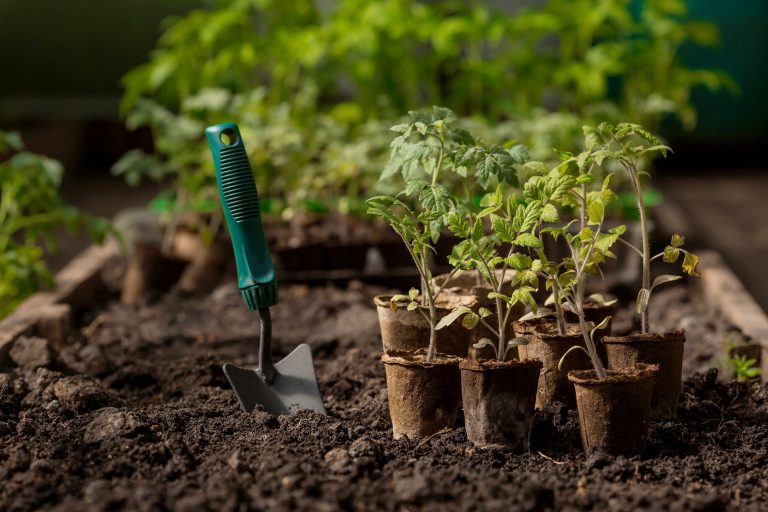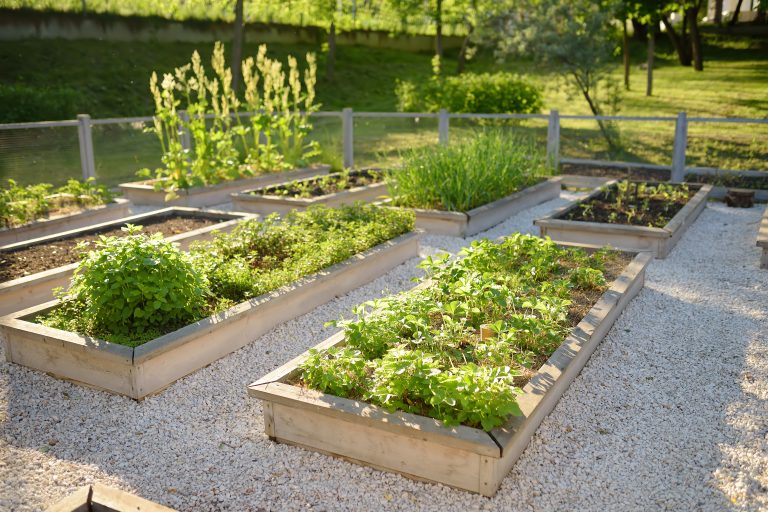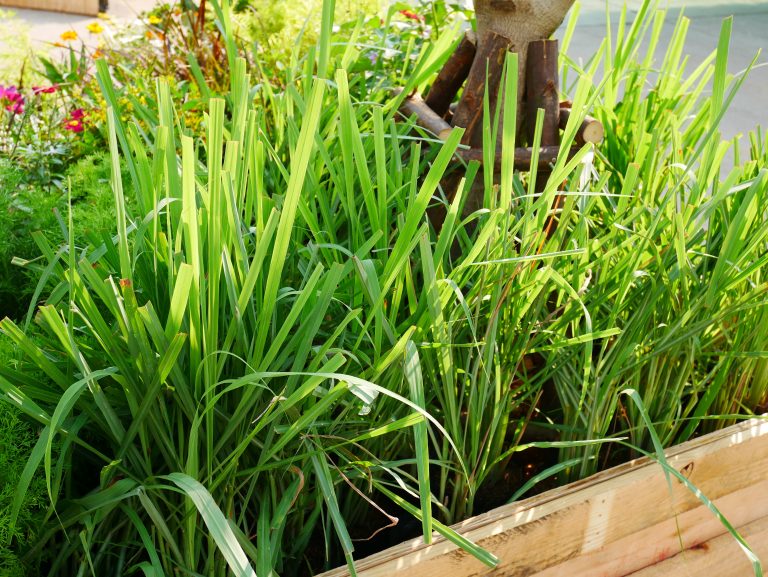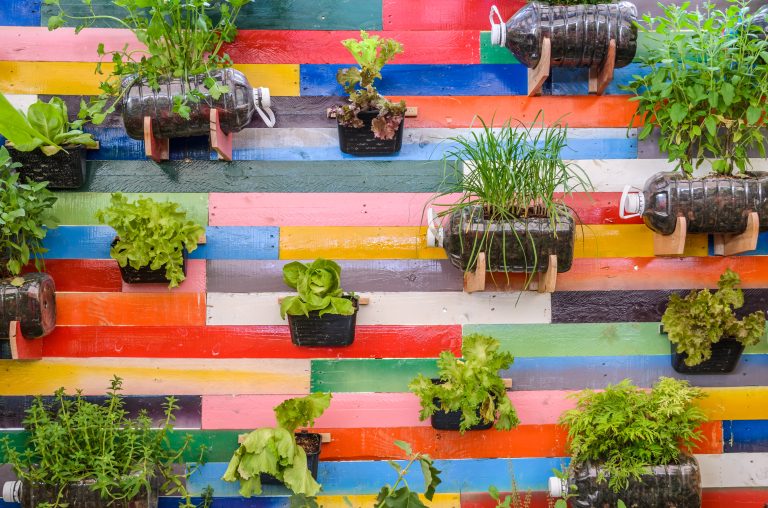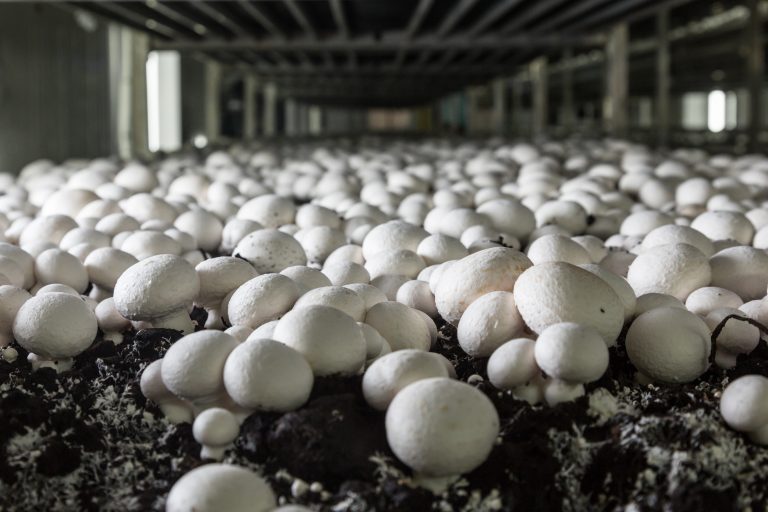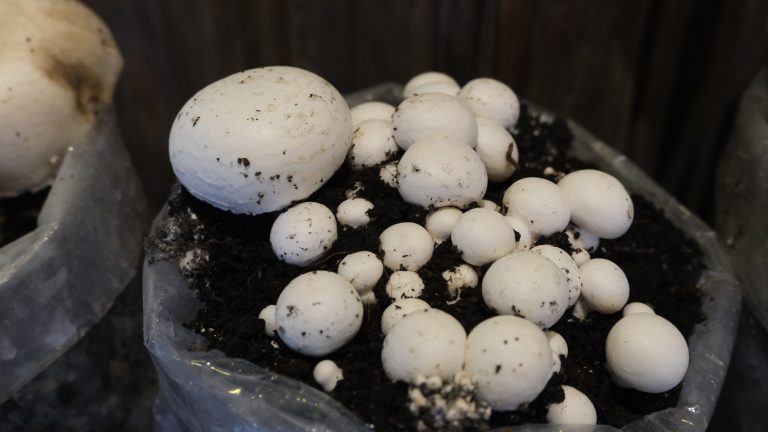5 Idyllic Spots for Your Dream Small Farm
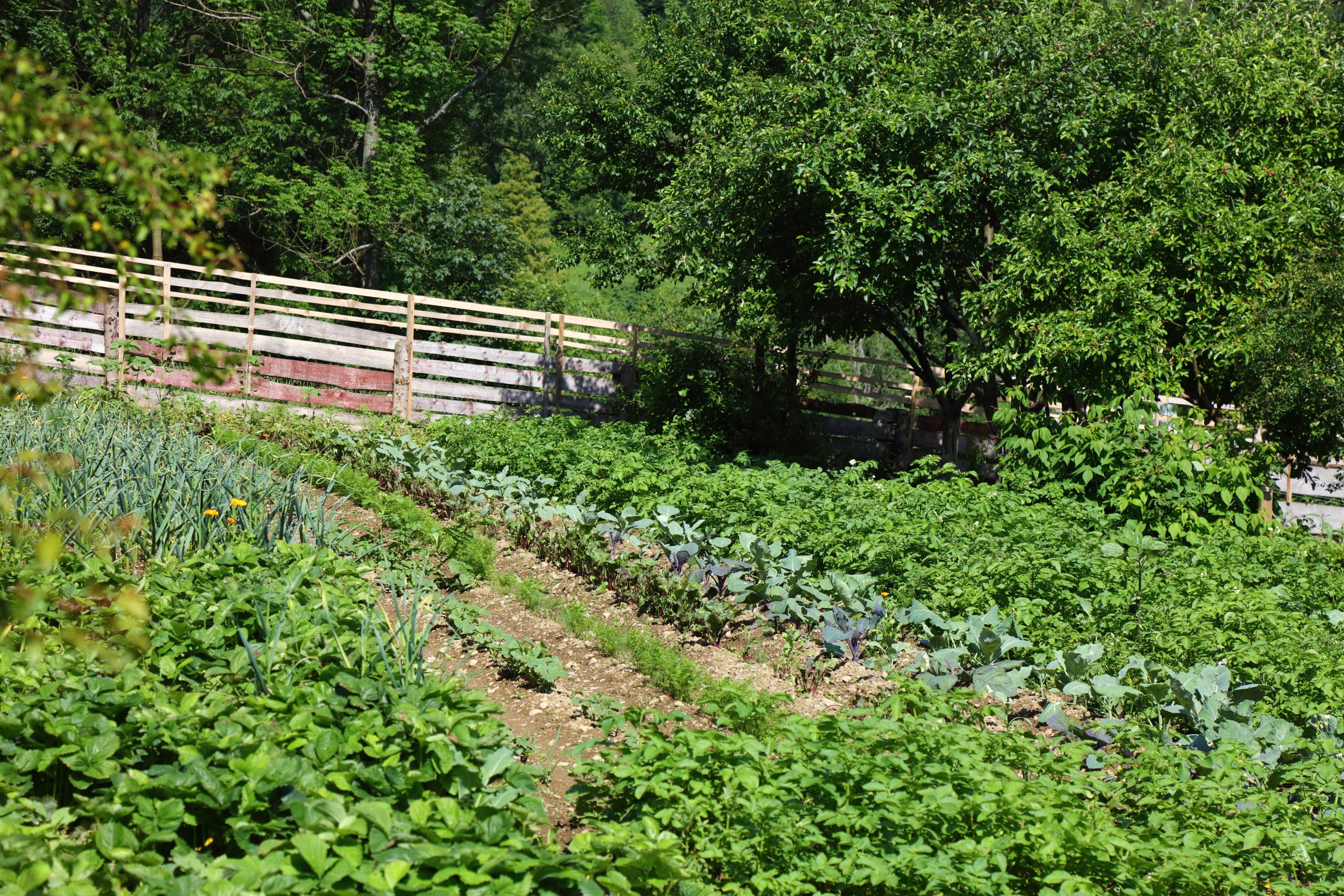
Ever dreamed of trading in the concrete jungle for a patch of green paradise? Whether you’re a city dweller with a window box herb garden or a suburbanite with sprawling lawns, the allure of small farming is real—and attainable.
Small-scale farming is trending in sustainability and self-sufficiency. Whether it’s a quarter-acre plot or a backyard garden, the focus is on growing your food, embracing nature, and building a farm-to-table community. It’s a manageable DIY project that yields fresh produce and promotes a healthier lifestyle.
Before breaking ground, clarify your goals. Are you aiming to supplement your diet with homegrown veggies, start a small CSA (Community Supported Agriculture), or focus on artisanal products like heirloom tomatoes or homemade honey? Your objectives will shape your farm’s size and the crops you choose. Grab a notebook, dream big, and embark on your small farm journey!
1. The Rolling Hills Haven
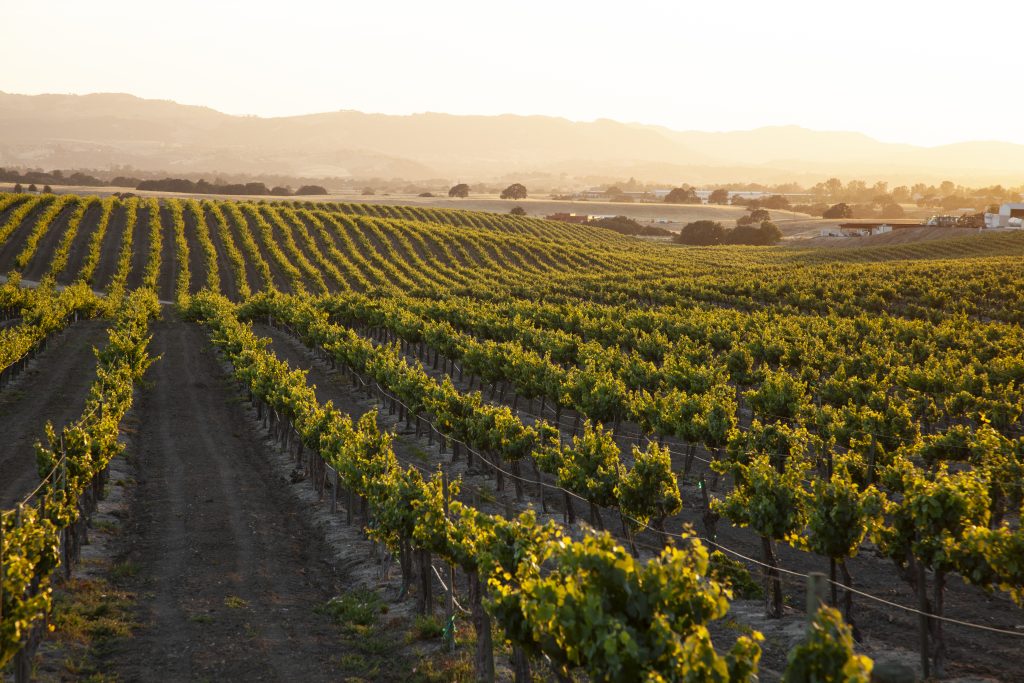
Picture this: you wake up to a gentle breeze, the sun peeking over undulating hills that cradle your small farm. The rolling hills haven offers natural windbreaks, privacy, and a unique aesthetic that flat lands can’t match. This idyllic setting is perfect for vineyards or terraced gardens, and the slopes can benefit certain types of crops that prefer well-drained soil.
Hey hey! Don’t forget to subscribe to get our best content 🙂
Hillside farming may require a bit more muscle (gravity’s no joke), but the rewards are well worth it. The drainage on slopes is a godsend during heavy rains, preventing waterlogged roots. Plus, the elevation can offer a microclimate a few degrees cooler or warmer than the valley below, which can extend your growing season. Just remember, contour farming is your friend—working with the land, not against it, is key.
2. The Riverside Retreat
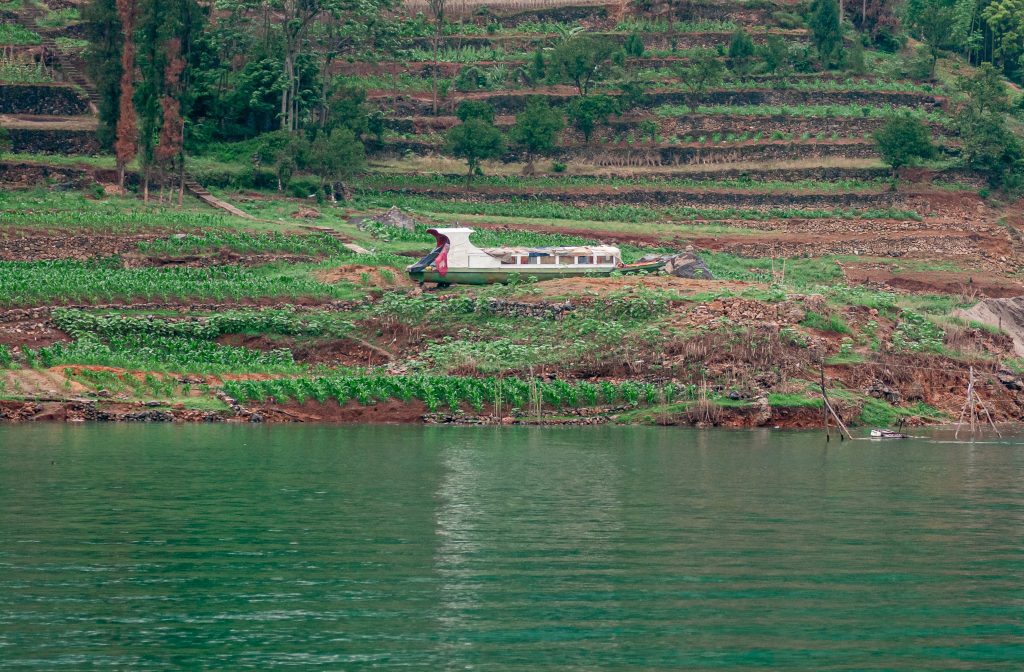
There’s something magical about water, isn’t there? A riverside retreat offers not just a picturesque backdrop, but also a rich source for irrigation. Imagine rows of vegetables with the serene sound of a river’s flow as your daily soundtrack. It’s like Mother Nature’s own version of white noise, only better because you can swim in it!
Being close to a river means your plants will never thirst for long. Water access can reduce your reliance on municipal systems and lower your utility bills. Plus, the ecosystem around a river is often teeming with biodiversity, which can help pollinate and keep pests at bay. (Just be sure to check for flooding risks—you don’t want to wake up to your carrots floating downstream!)
3. The Forest Fringe Farm
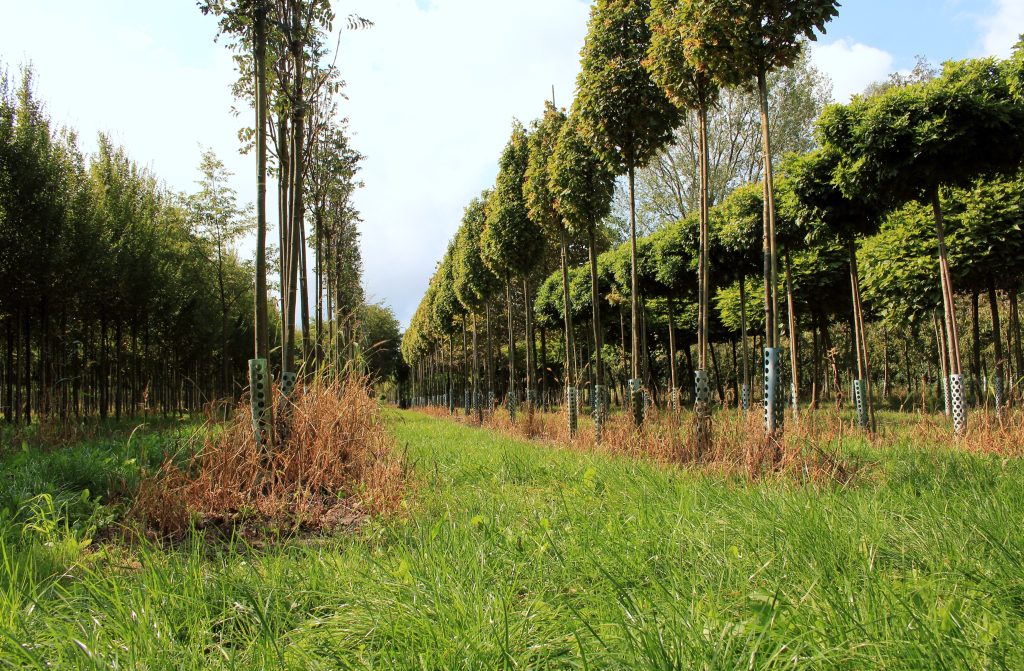
Nestled on the edge of a forest, your farm can benefit from the diverse flora and fauna of woodland. The canopy protects from harsh winds and scorching sun, making it ideal for shade-loving plants. Plus, there’s an undeniable enchantment to farming near the woods—it’s like stepping into a fairy tale every time you step outside.
Forests create unique microclimates that can be harnessed for farming. The shade regulates temperature, while the leaf litter enriches the soil with organic matter. This spot is perfect for cultivating mushrooms or growing berries, which thrive under the dappled light. (Watch out for the occasional curious deer or rabbit that might fancy a nibble on your crops!)
4. The Suburban Oasis
Don’t underestimate the potential of a suburban setting for your small farm. Here, community engagement is at your fingertips, and the convenience of urban resources can’t be overstated. You can transform your lawn into a lush vegetable garden or start a rooftop beehive. It’s about making the most of every square inch.
In a suburban oasis, efficiency is king. Raised beds, vertical gardens, and container planting are your allies. These methods not only save space but also allow for better soil management and easier maintenance. Plus, they can turn a plain Jane backyard into a verdant utopia that buzzes with life, literally and figuratively. (And who doesn’t want to be the envy of the neighborhood?)
5. The High-Altitude Escape
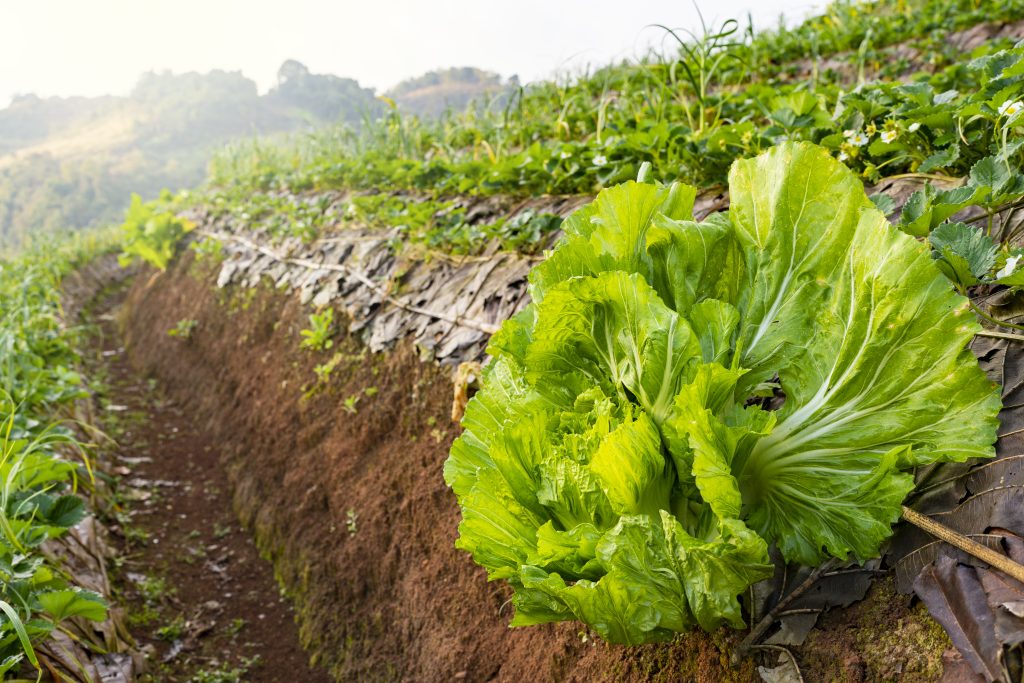
For those who like their air as fresh as their vegetables, a high-altitude escape is an exhilarating option. Up here, the views are as expansive as the opportunities for unique crops that favor cooler temperatures. It’s not your average farming environment, but then again, you’re not looking for average, are you?
Farming at high altitudes means embracing a shorter growing season and preparing for cooler temperatures. But the pay-off includes fewer pests and diseases, and the ability to grow remarkable varieties like alpine strawberries or cold-hardy greens. You can defy the elevation and reap an abundant harvest with some clever season extension techniques (think greenhouses or cold frames).
Essential Considerations for Location
Choosing the right spot for your small farm isn’t just about the view—it’s about soil quality, sunlight, water access, and zoning regulations. Get your hands dirty with a soil test, and chat up with the locals (or local wildlife) to get the lay of the land. Every location has its quirks, so embrace the learning curve.
Preparing Your Dream Farmstead
Once you’ve landed on the perfect spot, it’s time to roll up your sleeves. Start small, with manageable projects that build your confidence and soil fertility. Remember, Rome wasn’t built in a day, and neither is a dream farmstead. Take it one raised bed, one fruit tree, and one chicken coop at a time.
Conclusion: Embarking on Farming
Embarking on your small farming adventure is a journey of a thousand steps—and probably a few missteps. But with each seed sown and each harvest reaped, you’ll be crafting a space that nourishes both body and soul. So go ahead, dig in, and let your farming dreams take root.
In the end, the perfect spot for your dream small farm is out there, just waiting for your green thumb to bring it to life. Whether it’s the tranquility of the hills, the lushness by the river, or the charm of a suburban backyard, each potential farmstead holds the promise of growth, bounty, and a slice of the idyllic life.

